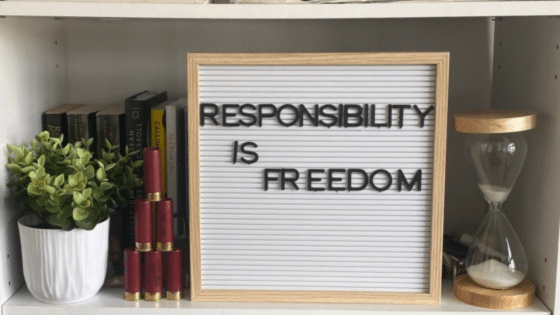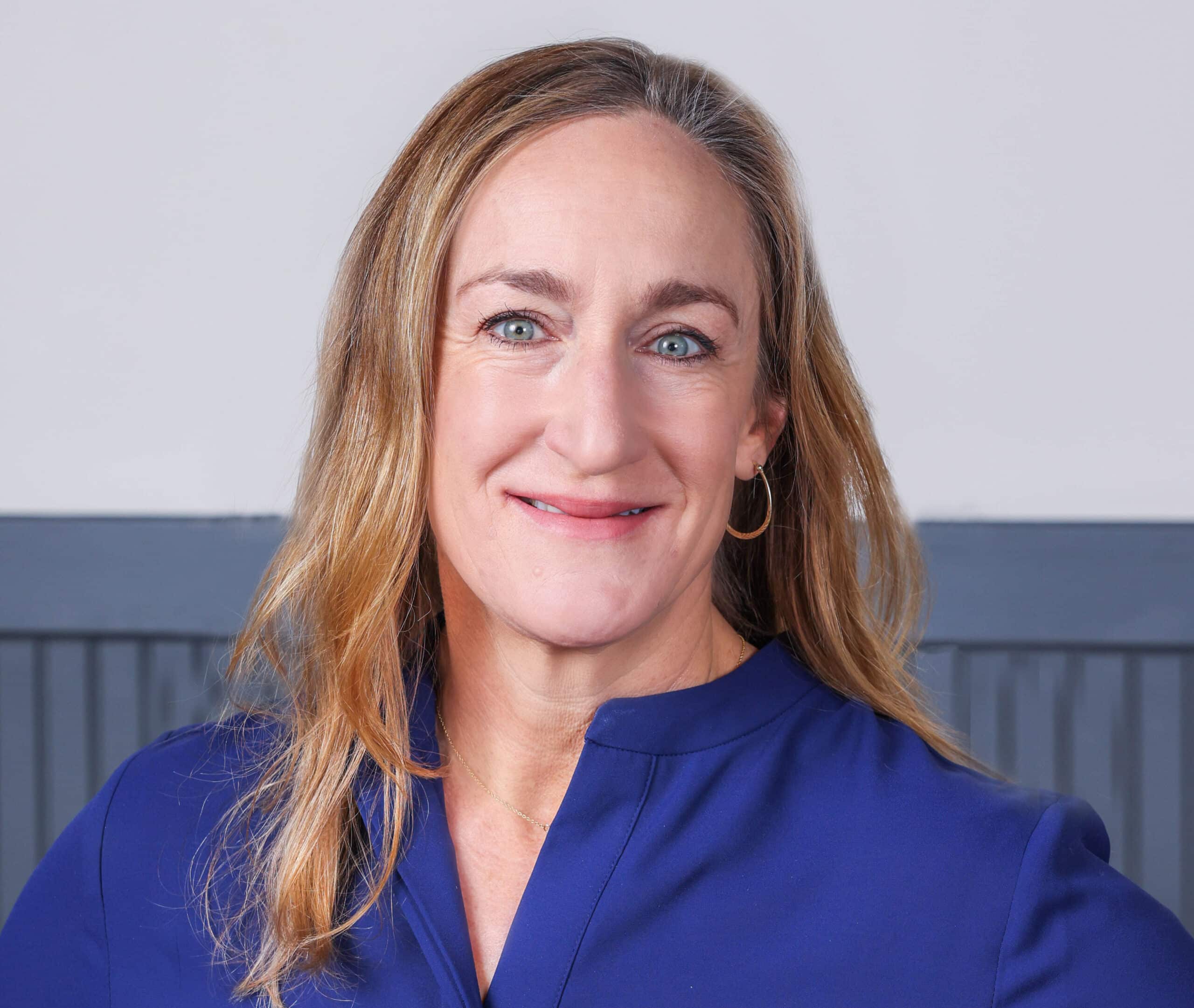When my oldest son was in high school, he had a handwritten sign over his desk that said “Responsibility = Freedom,” a maxim a mentor had given him. That maxim has been on my mind as I contemplate why an oil and gas company would take a leadership role in international climate talks.
As we heard in my conversation last week on the Energy Thinks podcast with Saamir Elshihabi, December’s COP28 in Dubai gave oil and gas companies a seat at the global climate conversation table. But oil and gas leaders don’t just want a seat: They want to shape and lead the pragmatic, messy, and hard work of decarbonization. The next year leading to COP29 in Azerbaijan gives oil and gas a unique opportunity to seize the responsibility of that freedom. Let’s explore why and how you should take advantage of it, both by leading with authentic ambition and executing on that ambition credibly.
Both of these things are true:
- It’s reasonable for oil and gas leaders to want to set the terms of their engagement in climate and energy leadership.
- Maintaining a seat at the biggest table in international climate talks often requires engagement on others’ terms — and the responsibility to engage and lead credibly.
The Situation
My team at Adamantine did a review of takeaways from COP28 that oil and gas executives need to know. First and foremost: there’s a split screen narrative. For example, on one side are those unhappy with the consensus language from COP to “transition away from fossil fuels in energy systems” — convinced it does not go far enough. On the other are energy leaders who see a new opening to participate and influence future dialogues in ways that are pragmatic and credible, leaders like Saamir.
Sitting central to these split-screen reactions is the Oil and Gas Decarbonization Charter launched at COP28. The Charter aims to reduce the greenhouse gas emissions of 50 major oil and gas companies, including 29 National Oil Companies (NOCs) and 21 private companies. As you would expect, the Charter has been received with mixed responses.
Some activists welcomed the Charter as a sign of the industry’s commitment to align with the Paris Agreement. The Atlantic Council touted the accomplishment of attracting the diverse signatories mentioned earlier and applauded the accountability and verification measures in the voluntary agreement. EDF’s Fred Krupp said the pledge has the potential to be the extremely impactful over the next three decades. Additionally, large asset-owners like CDPQ and Temasek expressed support for investments related to the OGDC and other clean-energy growth in carbon intensive sectors.
But many others criticized the Charter as lacking in ambition, transparency and accountability. In an open letter, critics have called for more concrete actions to reduce the Scope 3 emissions (those associated with the use of products) as well as phase out fossil fuel production and exploration. Some activists denounced the effort for a slew of predictable reasons, such as it’s voluntary and self-regulated, and pledges are not necessarily aligned with science-based targets or the 1.5°C pathway.
Perhaps most importantly, the Charter begins to level the expectations playing field between NOCs and their independent competitors. In a world where oil and gas companies in North America and Europe face intense scrutiny around carbon intensity, leveling the playing field with NOCs is an important development. The World Resources Institute (WRI) went so far to call it “encouraging that some national oil companies have set methane reduction targets for the first time.” The commitment of 29 NOCs is remarkable and will increase pressure for these national companies to address the low hanging fruit around reducing emissions and carbon intensity in their operations.
All of this matters because COP29 will be hosted in Baku, Azerbaijan, arguably the birthplace of the modern oil industry. This location will keep the industry’s role in the future of energy front and center in conversations and agreements during the UN conference. President-in-Waiting for COP29, Mukhtar Babyev, is Azerbaijan’s ecology and natural resources minister. He spent 26 years as part of Socar (State Oil Company of the Azerbaijan Republic), a signatory to the Charter. His experience within an NOC could be beneficial to integrating this large group of producers further into the global conversation with realistic and executable decarbonization strategies.
Seize the day
What do these COP28 and post-COP28 developments mean for you and our North American oil and gas companies? Our view at Adamantine: 2024 presents a unique opportunity for oil and gas to double down on the opportunities to drive global conversations toward increasing pragmatism and realism. Absent your participation, the oversimplified narrative of a fossil-free tomorrow will continue to prevail unchallenged. Participate by the following actions:
- Bring your brass tacks. Continue to build out detailed plans with achievable targets to execute on your ambitions. Stakeholders are skeptical of oil and gas industry sincerity. Let’s meet them with transparent, verified investments and emissions reductions.
- Consider joining the Charter. I’d like to see more North American oil and gas companies as signatories. The Charter expands energy-transition expectations beyond north American and European oil and gas companies — and in a global marketplace, that levels the playing field for all of us remarkably. As the Charter increases its relevance and influence, North American and European stakeholders will have more reason to compare domestic company sustainability performance to their global peer group. Reach out to be connected to Saamir and learn more about the Charter.
- Keep your eye on the prize. Oil and gas leaders now have a seat at the most important climate planning tables. But we will keep that seat by sharing the ambitions of our stakeholders with a positive and compelling vision of the energy future.
- Advocate for freedom. Companies and countries need to navigate decarbonization within the pragmatic parameters of their opportunities, risks, and constraints. The broadest swathes of technologies and timelines will be necessary to bring the most parties together to evolve the energy system.
- Don’t let the headlines or haters deter you. Today the price of admission of energy leadership is that a wedge of stakeholders will say that oil and gas companies don’t belong, that your efforts are insincere greenwashing, and that you aren’t going far enough. Fine. Lead anyway.
I’d like to thank Rebecca Keller Friedman for her help in writing this edition. I am delighted to welcome Bevin Pan and Julia DeTar to Adamantine and thank them for their help with research for this edition.
Please reach out for your consultation to learn more on how we help companies with their real sustainability strategies. If this email was forwarded to you, you can sign up here.
Freely,
Tisha

